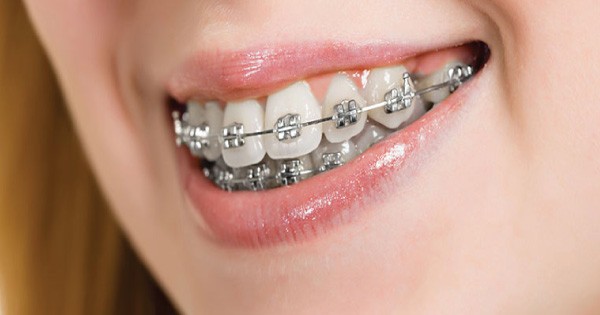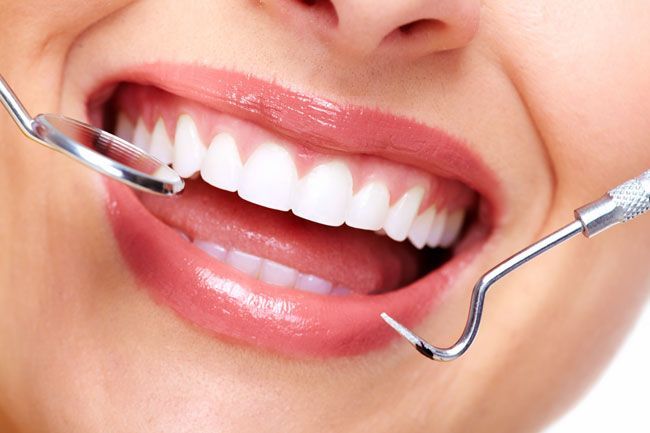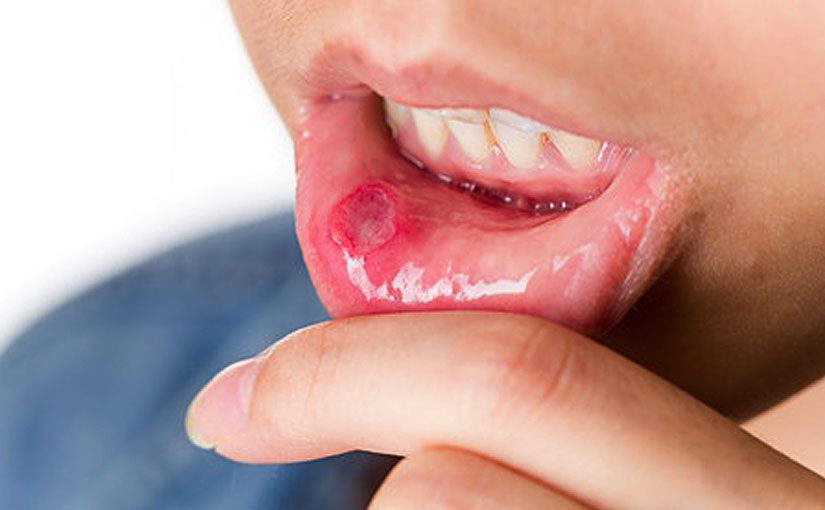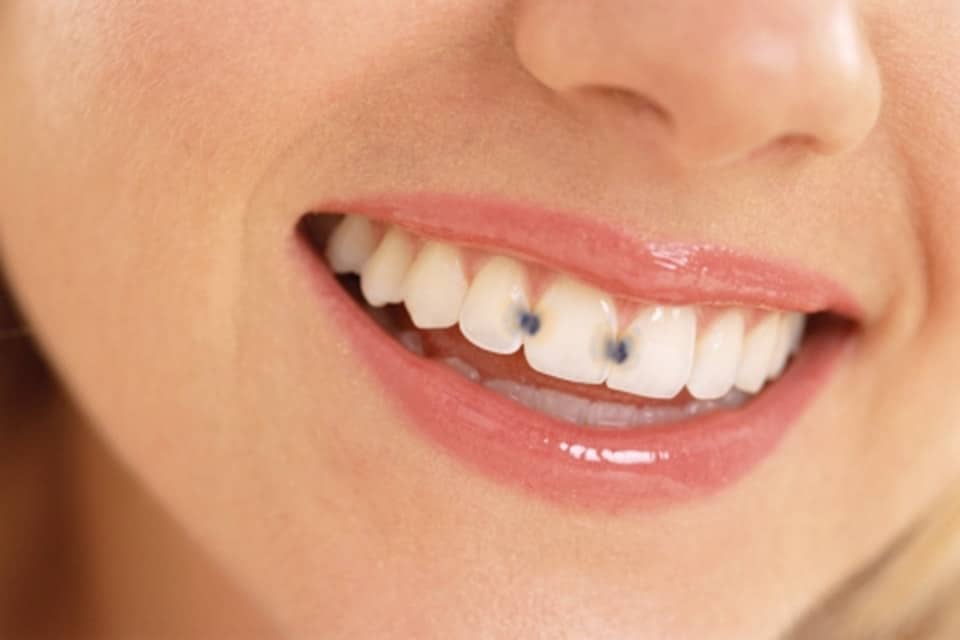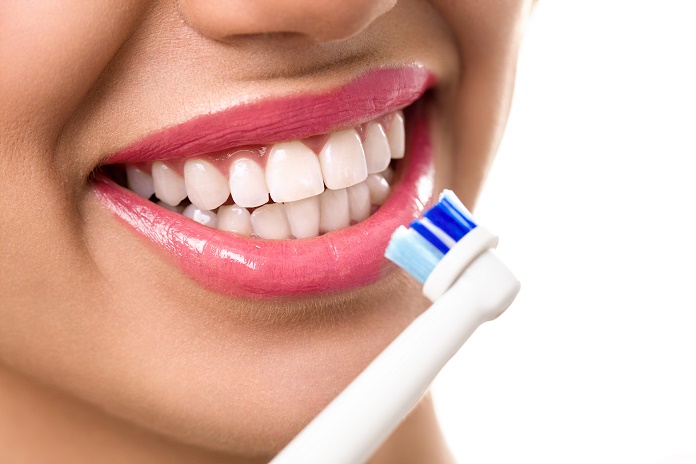
Plaque is a film of bacteria that coats your teeth if you don’t brush them properly. It contributes to gum disease and tooth decay. Tooth brushing stops plaque building up. Try to make sure you brush every surface of all your teeth.
When should I brush my teeth?
Brush your teeth for about 2 minutes the last thing at night before you go to bed and on 1 other occasion every day. Your dentist or hygienist may give you more advice based on your own dental health and needs.


